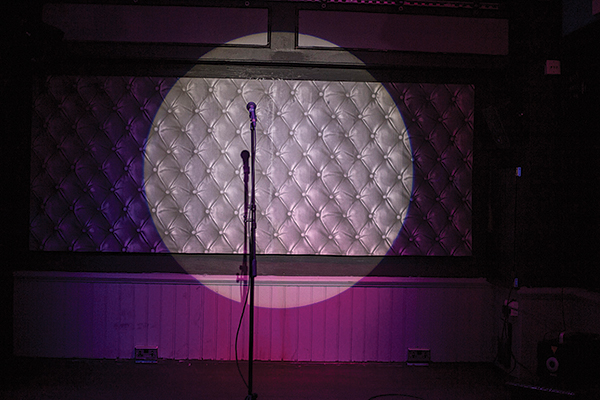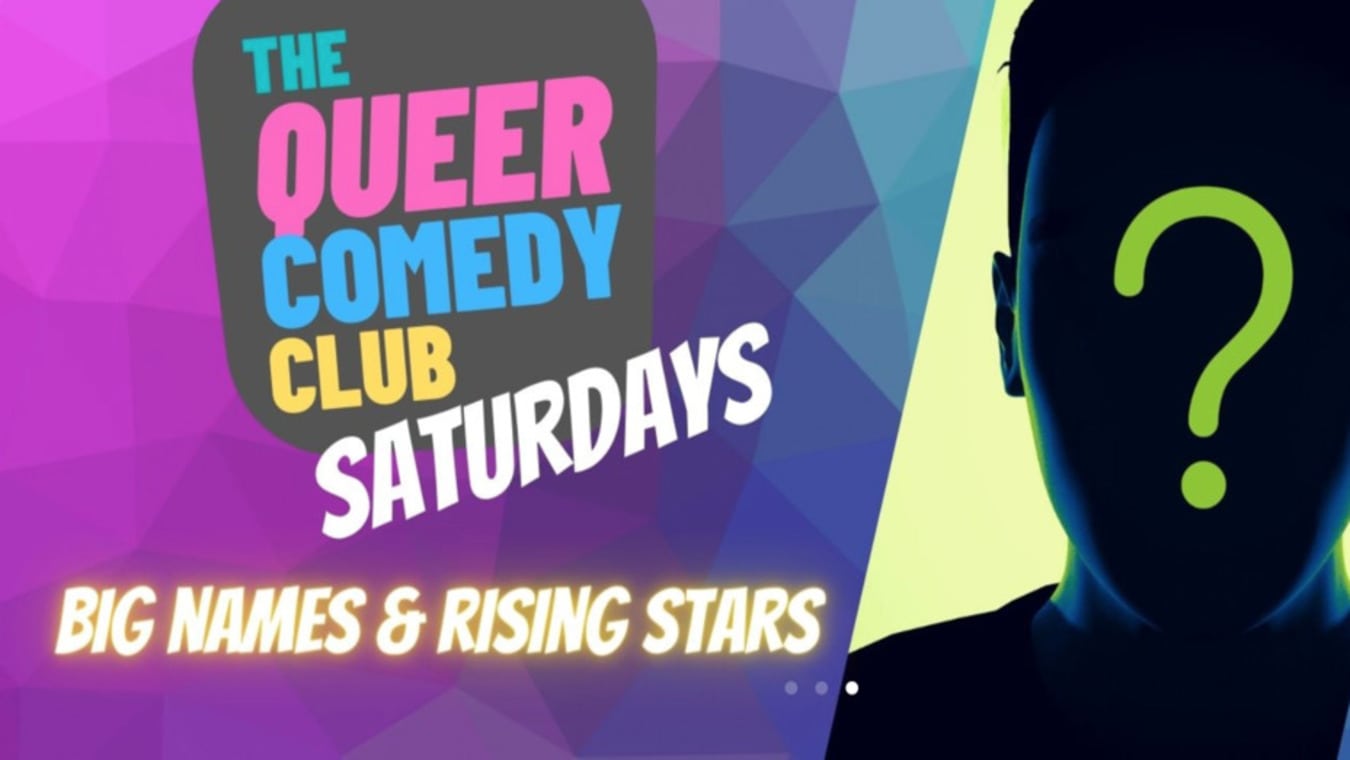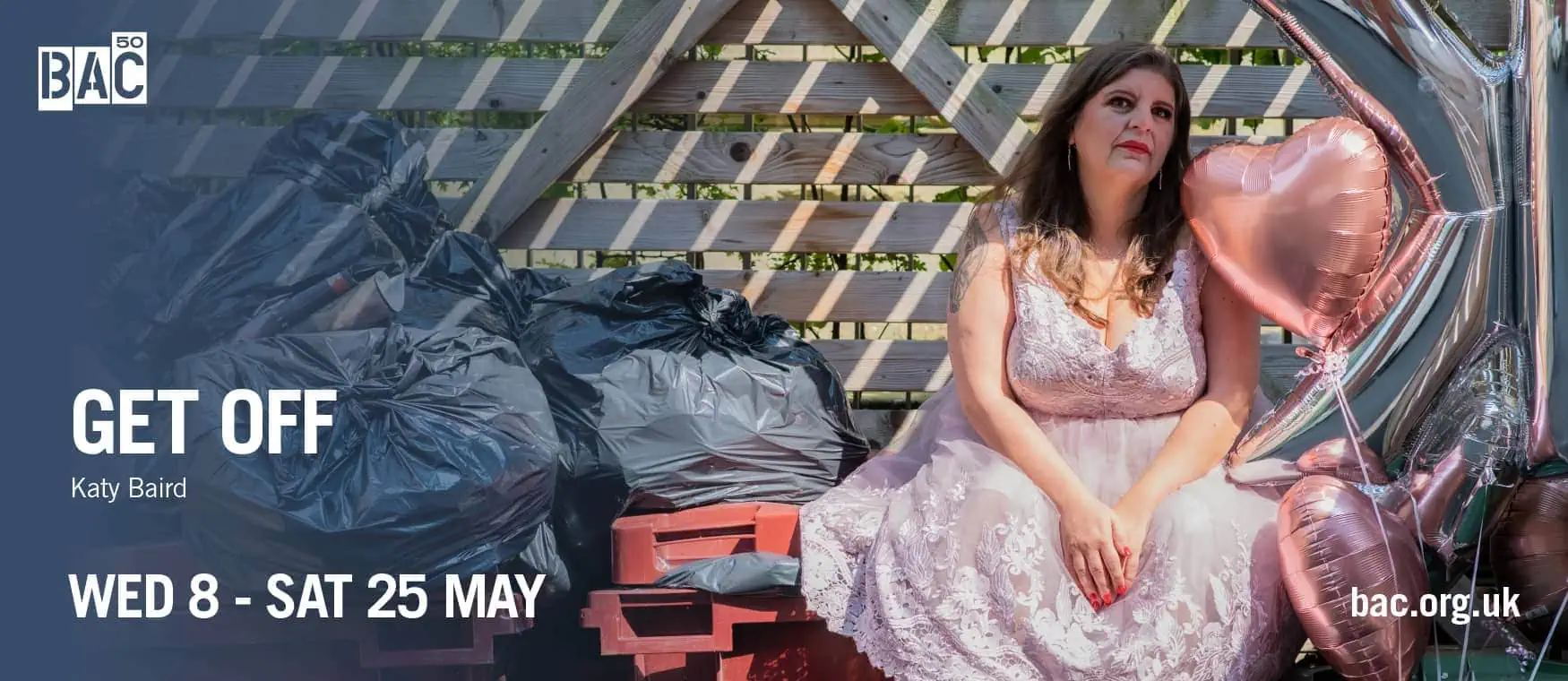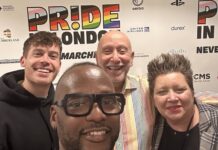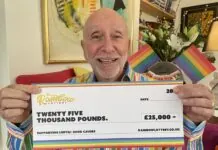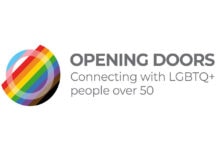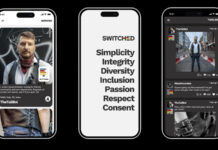Spoken word and poetic self-expression are exploding amongst London’s youth, and gay boys are at the forefront.
By Patrick Cash
Poetry at GCSE was dull and lifeless for me. Guys from the 1700s, who probably hadn’t imagined their lasting literary legacy would be as part of the AQA ‘Relationships’ syllabus, boring horny teenagers. There was also nothing in any of the lines about being gay; all those ‘relationships’ were stiflingly straight.
It was at sixth form when a long-suffering English teacher took a chance by showing his class Allen Ginsberg’s Howl. Suddenly, there were lines before me about a non-straight life and gloriously explicit queer sex:
‘I saw the best minds of my generation destroyed by madness,
starving hysterical naked…
who howled on their knees in the subway and were dragged off the roof waving genitals and manuscripts,
who let themselves be fucked in the ass by saintly motorcyclists,
and screamed with joy,
who blew and were blown by those human seraphim, the sailors,
caresses of Atlantic and Caribbean love’
That and TS Eliot’s The Love Song of J. Alfred Prufrock made me begin to think of poetry as a possible means of expression, rather than a black hole sucking me of my life seed (not in the enjoyable way). Reading an article earlier this year about Eliot’s repressed homosexuality, I thought how the repeated line ‘that is not what I meant, at all’ spoke to my closeted self, trapped in straight performance.
Today, I use poetry to reach people via spoken word performance. One poem I regularly read to largely straight audiences is called ‘Gay Sex’. It’s important, I feel, to be outspoken. And since starting open forum ‘Let’s Talk About Gay Sex & Drugs’, we’ve discovered many young gay men who are also making their voices heard through beats, rhymes and visions.
Gone are the days when poetry was locked in tattered textbooks, or the unwilling prisoner of iambic pentameter. Language is open to us all as a tool for creation, and we need no one’s permission to use it. Maybe even, as gay men, we particularly deserve to make ourselves heard. In 1988 the Conservative government, lead by Margaret Thatcher, instigated a law named Section 28 banning the ‘promotion of homosexuality in schools’. It stayed in legislation, and the curriculum, until the Labour government repeal in 2003.
Fifteen years. Just take a minute to register that – fifteen years in which you essentially weren’t allowed to talk about being gay in English schools. When I recently interviewed the man who’d been Conservative Secretary for Health at the time, Lord Norman Fowler, he said:
‘It was a big mistake… But I think the issue is about today and the future, not what happened in the past, 20/30 years ago.’
However, the noxious legacy of Section 28 continues to wreathe around our education system, like a lingering and sulphurous fart – coincidentally, the opinion many gay men have of Margaret Thatcher.
The fact that we have a campaign trying to introduce same-sex sexual and relationship education into schools stands as evidence that gay issues are recklessly absent in education. I interviewed two 20-year-old boys last year who both have HIV because they’re told the condom is there to stop pregnancy. When the word ‘gay’ is heard, it’s as a playground slur; a contempt born from ignorance. The system is a disgrace.
Queer poet Jacob V Joyce is printed on these pages. When I spoke to Jacob about race and homophobia this year, he made an interesting point about minority cultures and voices: ‘If you’re not given a voice on TV and you can see no black female politicians and no black female Disney princesses, you can see no black female people, then you think ‘I can talk, I can be loud, I can be my own character’ and you see it burst out.’
Perhaps this theory explains the prevalence of poetry amongst young gay men, and the large LGBT+ contingents that attend spoken word nights. If Graham Norton or Elton John doesn’t represent your gay voice, be the representative of your own voice.
On a wider scale, we live in a society of constant small talk. ‘How are you?’ isn’t a question for which we expect an honest answer. Poetry and spoken word gives us a chance to speak our truth to those who want to listen.
Open-mic spoken word nights in London:
‘Let’s Talk About Gay Sex & Drugs’ – monthly at Manbar, 79 Charing Cross Road, WC2H 0NE. Free.
www.facebook.com/LetsTalkAboutGaySexAndDrugs
‘Incite! Poetry’ – every second Wednesday of the month at the Phoenix Arts Club, 1 Phoenix Street, WC2H 8BU. Free.
www.facebook.com/IncitePoetry
Spoken Word London – every second and fourth Wednesday of the month at Vogue Fabrics, 66 Stoke Newington Road, N16 7XB. Free.
www.facebook.com/SpokenWordLondon
FRAFF: Poetry For Drunk People is at Rich Mix (35-47 Bethnal Green Road, E1 6LA) on Friday 5th December, 7.30pm. Scottee presents a fast-paced poetry piss up for those who don’t like poetry. Featuring Damien Slash, Paul Kindersley, The Fabulous Russella, Jack Rooke, Cheryl Dole and Winnefred Wyld.
The Gay Poets of London
Six writers give us excerpts from their poetry.
To read the poems in full, visit: qxmagazine.kinsta.cloud/blog-event/the-gay-poets-of-london/

From Room Service to Gravity, pon podium
flashin’ cavity, in glad rags,
with hand bags, in man drag,
what a load of fags!
We’re high-fashion on high street,
in high heels with high weave,
in high waisted, with hi tops,
werqing Jeremy Scott, smoking pot.
We smoke and shot.

Cos with flustered red cheeks
And a funny limp walk
You start to spout some shit
That makes you sound like you’re a dork
As your brain becomes your foe
Which seems to thirst for your demise
By making you think he cares
About all the shit that you despise
And as you’re reading his body language
On how you’ve lost this fight for now
Again your brain’s your enemy
By making you act as though you’re foul
As you beg to see his cock
Or then inquire as to his role
Before shouting out your dick size
And how you’re basically ‘just a hole’

I want words that are as sharp and as strong a samurai sword.
Strong enough to half your body with no force and precise enough to slice your nail right off.
The first stage requires adding emotional content, too much and the words are too soft.
Too little and it will leave your words too brittle and out of context.
Remarkably this is a high precision process.
Everything that you say matters when making the perfect sword.
Even the pause that hammers down a cause, help set the precise mixture of verbal ingredients you’re aiming for.
Possibly a percent of 44 emotional cords to smooth words so coarse your life seems cursed.
Repeated heating and layering mixes words and emotion so the sound is uniform.
This process can take weeks to get to the final stage where the cutting edge of the sword
is hardened.
The process is called quenching.
You see quenching is the most nerve wracking part for a wordsmith as he puts his soul in to the spiel.

But if I say gay, now, just once
It echoes with resonance in my mind
Rich, deep, dark, vibrating like a harp’s string
A word that strangely tied and still binds me
And I never wanted to be a gay writer
The gay poet with my gay poems
Yet my writing and the words I use
Are in a way a form of fighting
To elevate gay, negate any shame
And I fear the fight won’t end in my life

Don’t you realise, I say,
that the scratches on your ankles
are the imprint of your pulse,
a cardiogram, the completion of a track
from your heart to your intestines,
from your rectum to my fist,
from my elbow to my torso,
from my heart to my left hand,
and from my nails to your skin?
Don’t you realise it hurts, you say.

Locked somewhere deep, really deep.
Deeper than earth-thought
Glistens bright, really bright,
brighter than heart-burst,
Breath before pause, air before swish.
Swishin’ in a bar. Wishin’ on a star
Lilian Gishin’ ‘n’ gushin’ triumphantly.
A room look trawling you in and you’re there.
Important, fabulous and maybe this time, this time
this ones for keeps

I hear people condemning the instability of Caribbean nations
Then laughing at the idea of any reparations’
Condemning the homophobia in Commonwealth countries
Forgetting that fear was imported when they were British territories
Uproaring when a bigot says nigger on the BBC
But what about the absolute lack of black people on British TV
Unless rioting as criminals unnecessarily exacerbated
Or non-violent revolutionaries who happened to get assassinated
Or misogynistic money obsessed rappers
Whose life style can be packaged up and sold to rich white masses.

